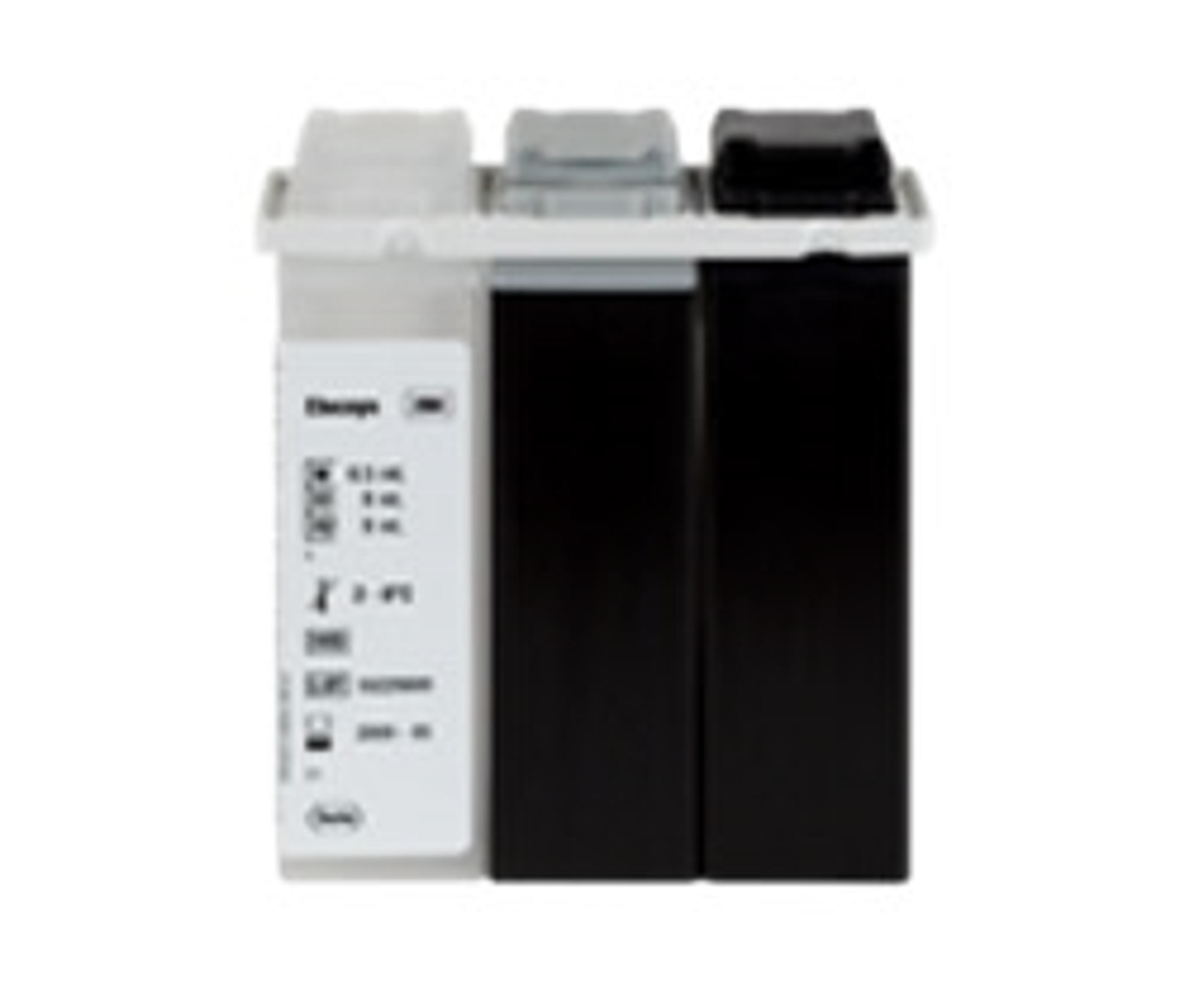Roche launches Elecsys Anti-p53 immunoassay to aid diagnosis of various cancer types
13 Apr 2021
Roche has announced the launch of the Elecsys Anti-p53 immunoassay for the in vitro quantitative determination of anti-p53 antibodies. This test is designed to aid physicians in the diagnosis of throat cancer, bowel cancer, and breast cancer in patients, in conjunction with other diagnostic tests. The assay is now available for all markets accepting the CE Mark.
“The addition of our Elecsys Anti-p53 immunoassay will help clinicians to quickly and reliably diagnose several prevalent cancers and might assist in leading to a better prognosis for many patients.”, said Thomas Schinecker, CEO Roche Diagnostics. “Beyond breakthrough cancer medicines, Roche also offers a growing number of testing solutions to help physicians diagnose and treat people with cancer.
p53 is protein which, when active, helps to regulate processes which stop tumors from developing. A mutation of p53 is present in half of solid tumor cancers and is the most common genetic change identified so far in human cancers.1 Certain mutations of p53 can lead to a build up of p53 which results in the formation of anti-p53 autoantibodies. Autoantibodies are antibodies that mistakenly target and react with a person’s own tissues. Between 20-50% of patients with mutated p53 will produce anti-p53 autoantibodies.2 This mutation causes the tumor suppressive function of p53 to switch to a tumor-promoting function and thus cancer development.
Early appearance of anti-p53 antibodies during tumour development may have potential to detect malignant changes.3 The Elecsys Anti-p53 immunoassay detects these anti-p53 antibodies and, when used with other diagnostic tests, can help to diagnose certain cancers, at an earlier stage, which may help to improve patient outcomes. Determining the presence of anti-p53 antibodies may also be useful for monitoring cancerous cells that are still in the body following treatment.4 In addition, the Elecsys Anti-p53 test could aid in determining which patients may require less invasive treatment procedures, as part of their cancer treatment.
Want the latest science news straight to your inbox? Become a SelectScience member for free today>>

